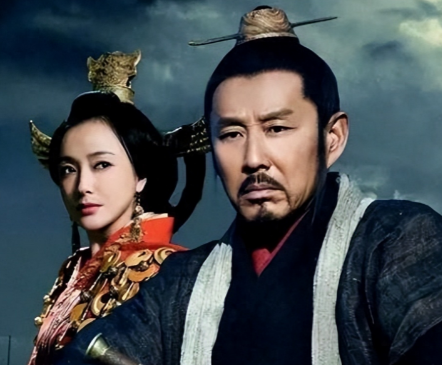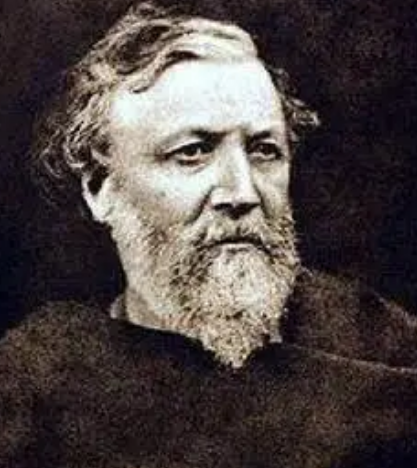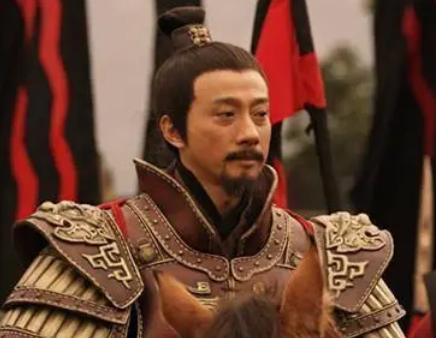In Chinese history, the emperors of the Ming Dynasty sometimes did not appear in court for a long time due to their unique political system and personal habits. The reasons behind this behavior are complex and diverse, covering personal personality, court struggles, political systems, and other aspects. This article aims to explore the multiple reasons why Ming Dynasty emperors did not appear in court and their impact on national operations through the analysis of historical materials.

I. Personality and Health Factors
Some Ming Dynasty emperors reduced the frequency of public appearances due to introverted personalities, health issues, or other personal reasons. For example, Emperor Wanli's retreat in his later years was related to changes in his personal character and health status. These personal factors directly affected the emperor's willingness and ability to handle state affairs.
II. Exhaustion from Power Struggles
On the political stage of the Ming Dynasty, the power struggle between the emperor and the eunuchs, bureaucrats was extremely fierce. In such an environment, some emperors chose not to appear in court to avoid complex political disputes. Emperor Jiajing's long-term absence from court was partially due to his fatigue from power struggles and distrust of the bureaucrat group.
III. Rigidity of Political System
With the development of the Ming Dynasty, the original political system gradually showed signs of rigidity. The bureaucratic system's cumbersome and inefficient nature made some emperors less enthusiastic about personally handling state affairs. This institutional flaw made emperors more inclined to rely on trusted advisors in the court to manage national affairs.
IV. Worries about Weak Successors
The Ming Dynasty emperors faced enormous challenges in cultivating successors. Some emperors worried that their political achievements would not be inherited or doubted the abilities of their successors. This anxiety may have led them to reduce their court appearances and focus more on palace life and leisure entertainment.
V. Influence of Culture and Beliefs
Religious beliefs and cultural tendencies also influenced the court attendance behavior of Ming Dynasty emperors to some extent. For example, Emperor Jiajing, who was superstitious about Taoism, invested more in religious activities and neglected the management of state affairs. This shift in cultural beliefs made the emperor less enthusiastic about state affairs.
Conclusion:
The phenomenon of Ming Dynasty emperors not appearing in court is the result of various factors. From personality to political systems, from health status to cultural beliefs, these factors work together to influence the emperor's governance style and the political ecology of the country. Through a deep analysis of this phenomenon, we can better understand the complexity of Ming Dynasty political operations and the profound impact of emperors' personal behavior on the fate of the country. The lessons of history remind us that even the highest rulers need to constantly self-reflect and adapt to changes in the times to ensure the long-term stability of the country.
Disclaimer: The above content is sourced from the internet and the copyright belongs to the original author. If there is any infringement of your original copyright, please inform us and we will delete the relevant content as soon as possible.































